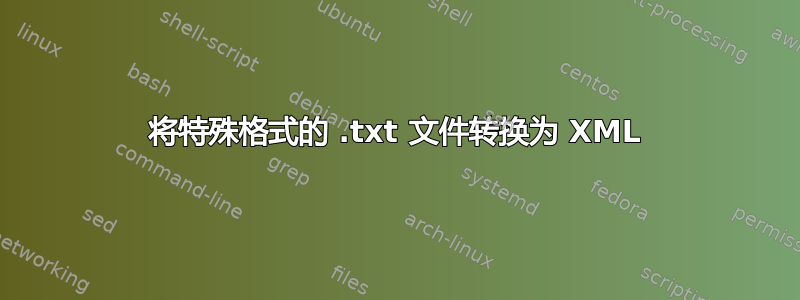
我有几个大型纯文本文件,它们是我在攻读博士学位期间制作的供个人使用的“词汇表”。它们的格式毫无用处,如下所示:
%%% <entry i>
Blah Blah Blah, see also > <entry j>
%%% <entry i+1>
等等(请注意交叉引用。)
在目前的状态下,这些文件无法轻易用过的(例如,使用 LaTeX 创建显示版本,或将条目子集放在网站上);它们本质上只能浏览过在文本编辑器中。似乎将所有内容转换为 XML 可能是提高灵活性和可用性的最佳方法,那么最好的方法是什么呢?
答案1
这可以作为 Python 中此类转换器的基础:
#!/usr/bin/python
import fileinput
import re
entryre = re.compile( "^%%% <([^>]+)>")
seealsore = re.compile( "see also > <([^>]+)>")
def pnode(nodename, nodeblock):
print "<" + nodename + ">"
print nodeblock
print "</" + nodename + ">"
block = ""
entry = ""
for line in fileinput.input():
match = re.match( entryre, line)
if match:
if entry:
pnode(entry, block)
block = ""
entry = ""
entry = match.group(1)
else:
match = re.match( seealsore, line)
line = re.sub( seealsore, r'<seealso>\1</seealso>', line)
block += line
pnode(entry, block)
它读取任何文件(建议使用 stdin)并写入 stdout。只需将输出包装在 xml 头和尾之间即可。如果条目包含空格,则应小心处理。此外,如果块包含类似标签的子字符串(“”),则需要进行额外的转换。
但是,如果您只想浏览条目,我建议使用简单的 html。定义列表或表格都可以很好地满足您的需求。转换代码只需要进行少量更改。


